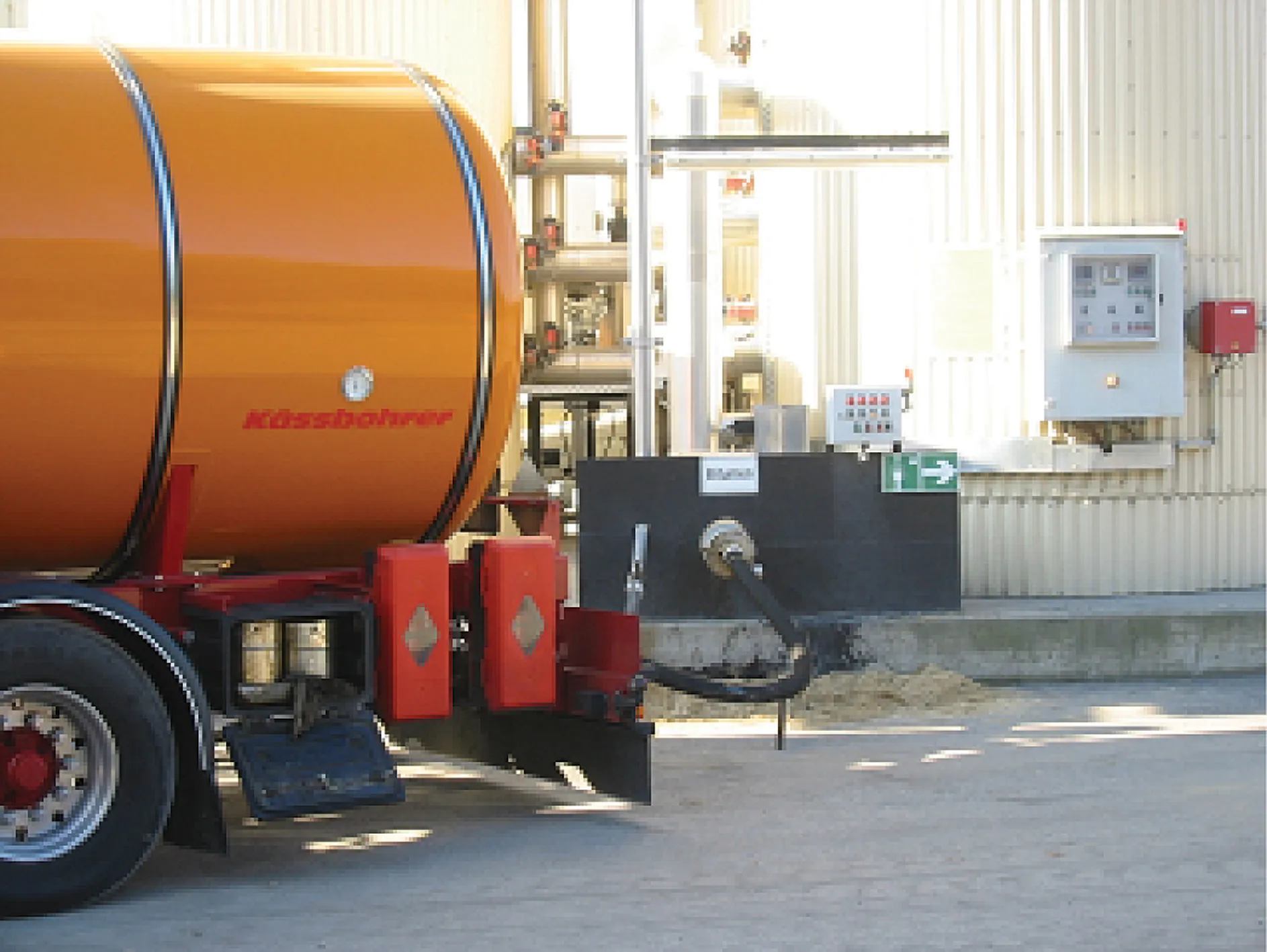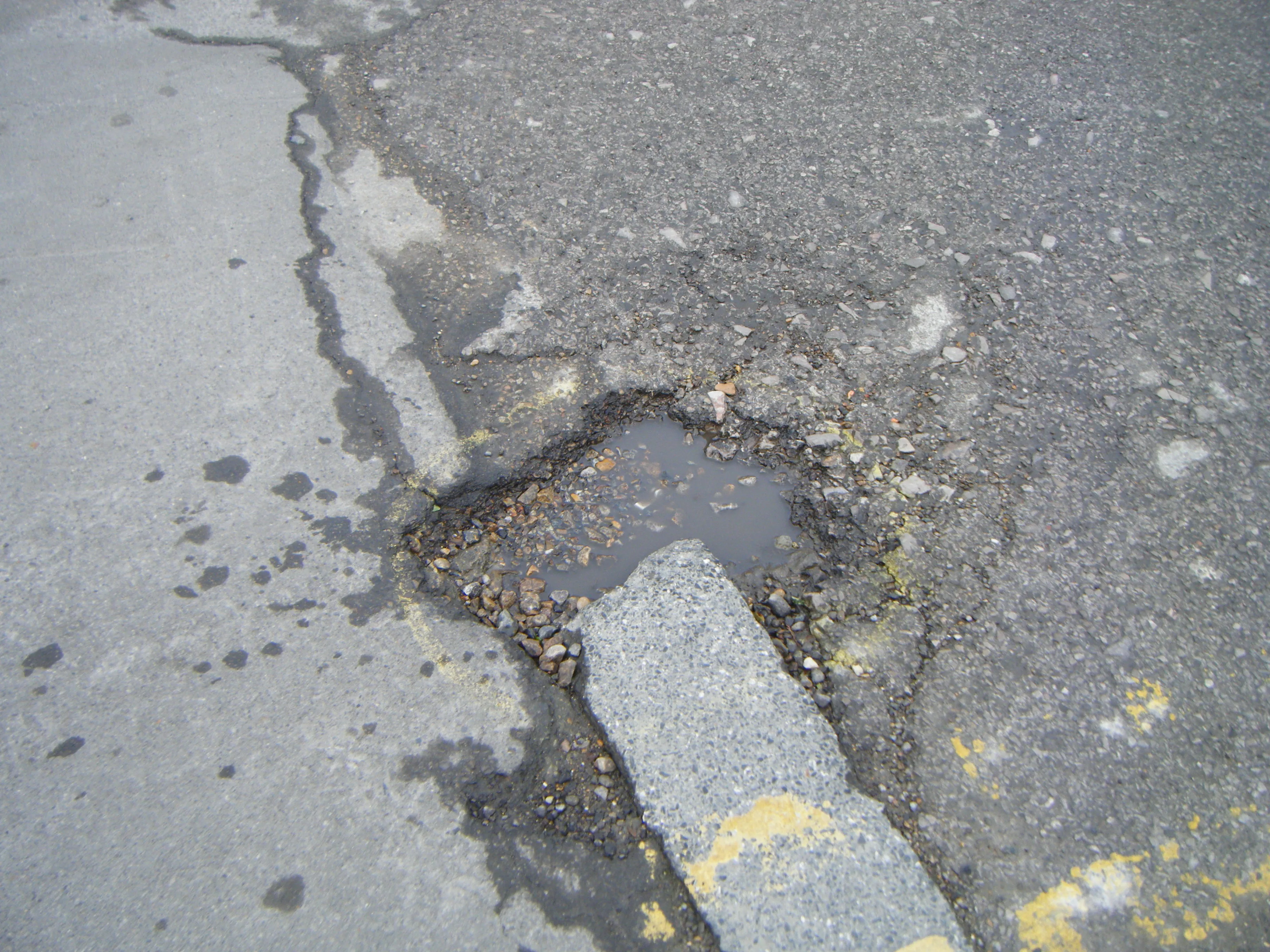BP Bitumen has launched its new SafetyFirst initiative using "some best in class industry practices" to help its partners better understand some of the main hazards associated with bitumen storage and handling. The bitumen industry has worked hard at improving safety and has achieved significant results. "But we still need to be more vigilant: we want to ensure that our plant employees, and customer employees as well as third party employees, are sustaining continuous personal development, utilising best pr
February 10, 2012
Read time: 2 mins

The bitumen industry has worked hard at improving safety and has achieved significant results.
"But we still need to be more vigilant: we want to ensure that our plant employees, and customer employees as well as third party employees, are sustaining continuous personal development, utilising best practice safety guidelines, actively preventing incidents and more importantly to ensure all staff is working in a safe environment", says Laurent Galland, country manager BP Bitumen France.
Ingeborg Schröder, HSSEQ ( Health Safety Security Enviromental Quality) advisor for BP Bitumen in Germany, says: "We learned from near misses and incidents that incorrect handling of bitumen can lead to severe accidents, putting health and life of the people involved at risk. Bitumen itself is not classified as hazardous material and is therefore often not considered to be dangerous: a big mistake. The typical handling temperature of around 180°C alone does pose a threat to everybody dealing with bitumen.
"On this account we are launching our SafetyFirst programme which aims to achieve improved safety performance at load locations and asphalt mixing plants. The SafetyFirst initiative will introduce a new approach to safety management enabling a value-based dialogue with our customers, working in partnership for bitumen safe handling and storage." The BP SafetyFirst initiative is based on a DVD, and incorporates the experience and knowledge of customers, drivers and employees at the loading and discharging sites.
The SafetyFirst DVD is available as a European version and is presented in multiple languages.









